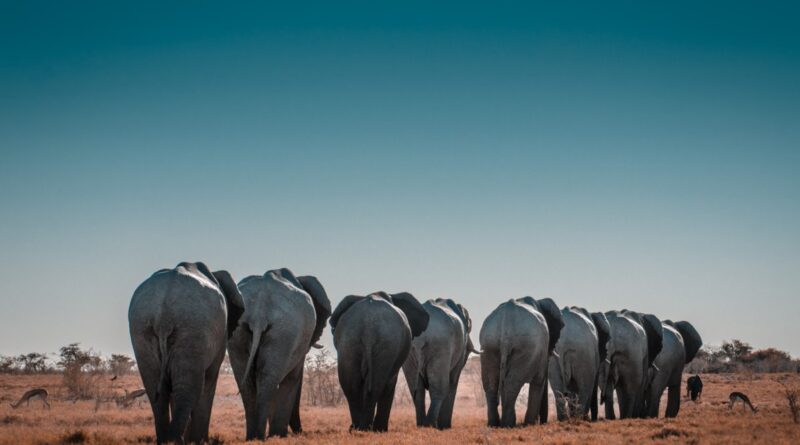Namibia: Communities Want Human-Wildlife Conflict Compensation Reviewed
COMMUNITIES living in conservancies in the Kunene region want the government to review the compensation for losses caused by wild animals.
They feel the compensation for human-wildlife conflict losses is too little compared to the value of livestock and other losses.
The community expressed this during their meeting with members of the National Assembly’s standing committee on natural resources last week.
The committee visited communities in various conservancies, including Huab, Uibasen, Sesfontein, Torra, ≠Khoadi //Hoas, Anabeb, Otuzemba and Ehirovipuka conservancies.
The compensation for loss of livestock or loss of life are paid from the Game Products Trust Fund in the Ministry of Environment, Forestry and Tourism.
The parliamentarians also held meetings with the ministry officials and stakeholders in the tourism sector such as the Namibian Association of Community-Based Natural Resource Management support organisations.
Rafael Hangula, the acting public relations officer of the National Assembly said the ministry officials blame the inadequate compensation on lack of budget.
“The envisaged wildlife and protected areas management bill to be passed into law later this year, which will replace the outdated Nature Conservation Ordinance of 1975, is expected to address a wide range of shortcomings in the management of natural resources, including compensation,” Hangula said in a statement.
He said community members also raised concerns about the mismanagement of conservancy money by unscrupulous members of some of the conservancies.
It also emerged that “management companies entering into joint ventures with conservancies to run lodges and other tourism activities are benefiting the most in what conservancies term unfair contracts”, Hangula said.
He added that poaching, especially of rhinos and elephants, “is adversely affecting the ability of these conservancies to manage their operations and generate income. Many preventative measures have been put in place to deter poachers, but these illegal activities have continued unabated”.
The subcommittee on environment, forestry and tourism that conducted the oversight visit comprises Agnes Kafula, Mike Venaani, Natangue Ithete and Tangeni Iijambo.

